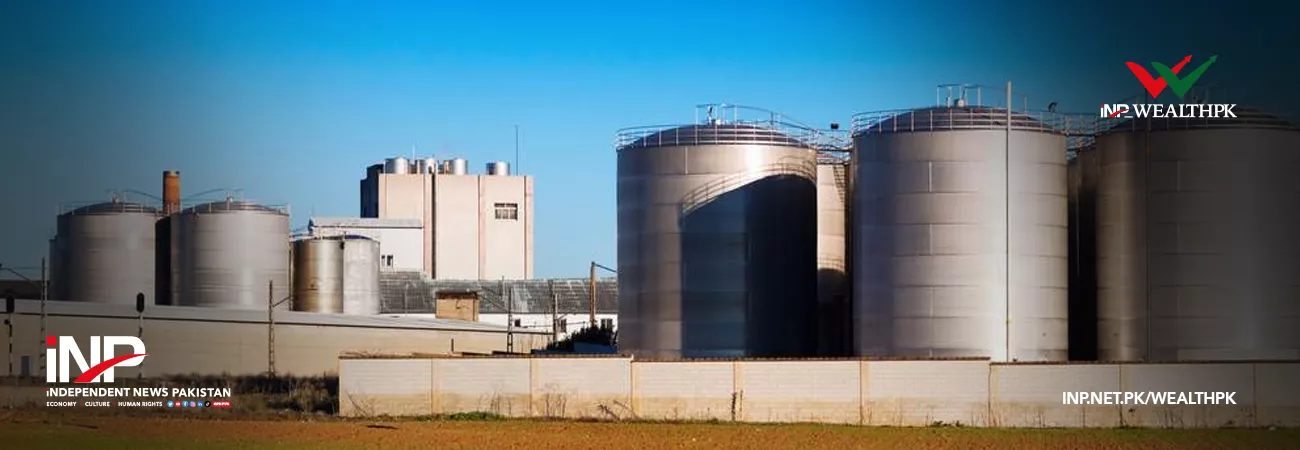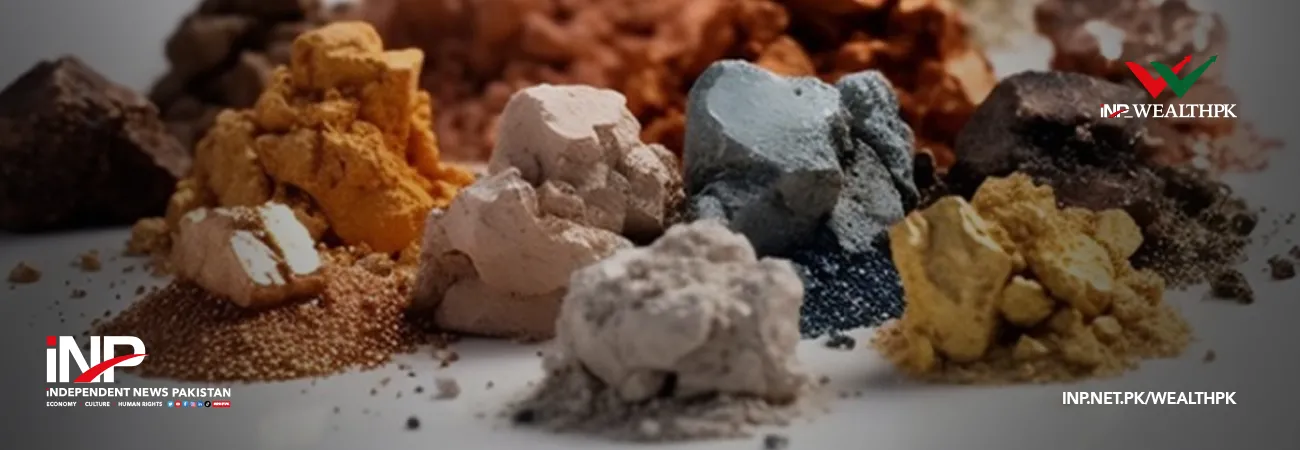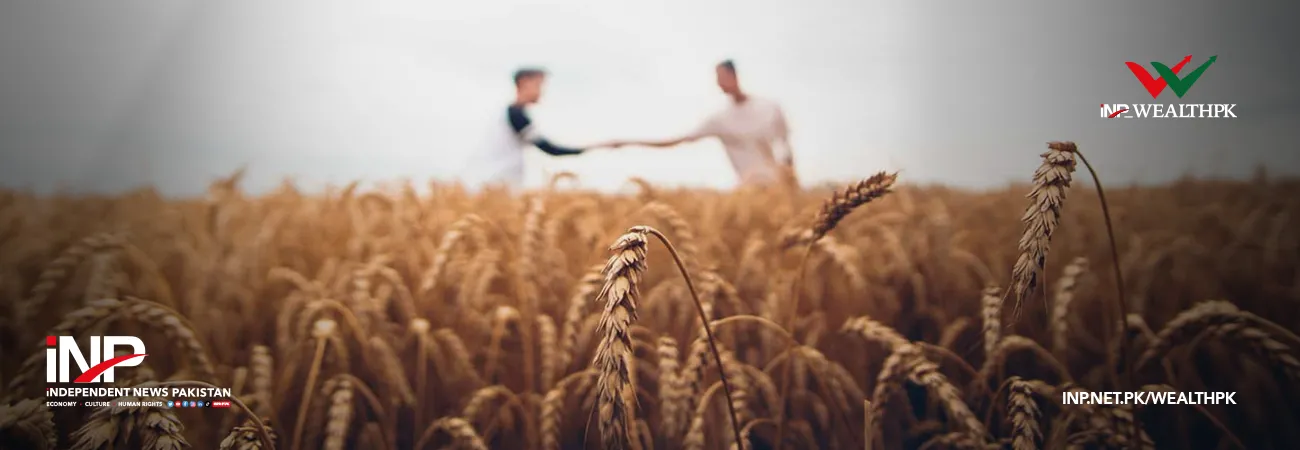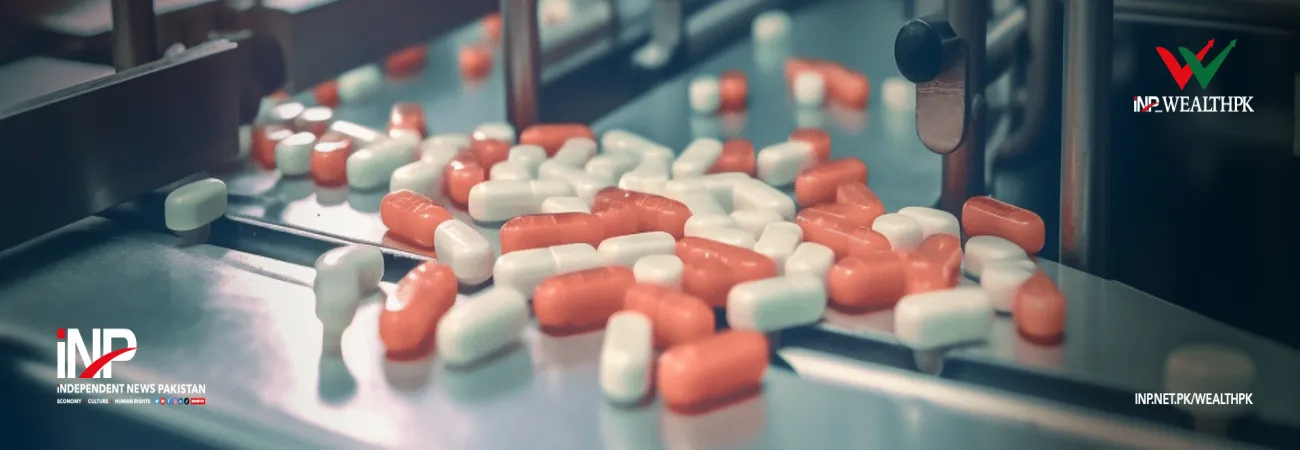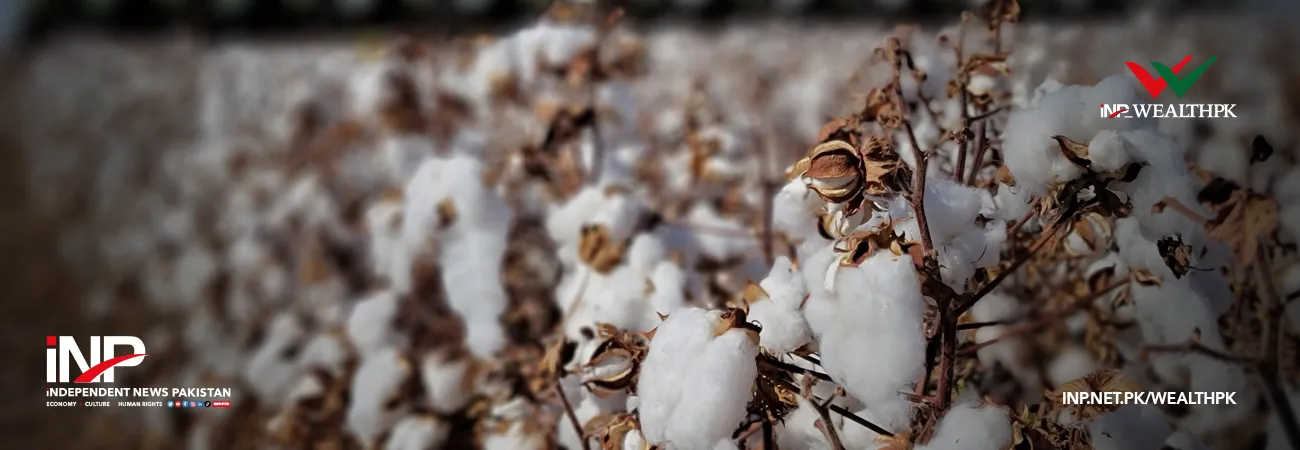INP-WealthPk
Naveed Ahmed
The use of modern technology is essential for storing grains to maintain their quality and ensure sustainable food supply. In this regard, Pakistani scientists have designed a technology-driven ‘smart silo’ for grain storage in a controlled environment. Speaking about the device, Dr Shahzad Younis, an associate professor and Director of Smart Agritech Research Centre and Adaptive Signal Processing Group, National University of Science and Technology (Nust), told WealthPK that smart silo is a metal storage bin enabled by technology to record the temperature and humidity inside.
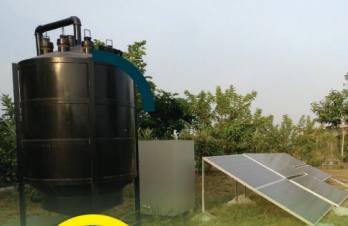
He said that an intelligent and energy-efficient mechanical silo was specifically designed to store grain under controlled conditions to prevent them from deteriorating over time. He said there are three key modules in the product. “First, it is equipped with a sensor housing and acquisition unit to collect temperature and humidity data. Secondly, efficient power extraction from attached solar panels is helpful in the deployment of devices in fields where there is no electricity.
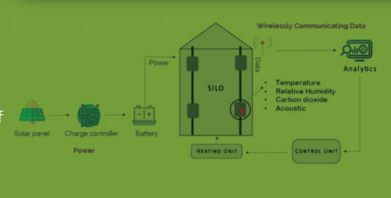
A third feature is data signal processing (DSP) and wireless transmission for a control system that maintains a healthy indoor environment with an attached, energy-efficient heating and ventilation system,” he explained, saying that the device has multiple sensors for a better parametric estimate of humidity and temperature. “Octagonal hatches are placed on top of the silo to reinforce the vertical placement of the sensor nodes.
This structure eases the service and replacement of the device. Moreover, an aeration system that reconditions the fed air while saving energy is also deployed,” Shahzad Younis further explained. In developing countries, reducing post-harvest wheat losses can provide a sustainable solution to food insecurity, improve rural livelihoods, reduce poverty and increase incomes. In the 2022 Global Hunger Index, Pakistan ranks 99th out of 121 countries with a score of 26.1 based on various parameters, showing that Pakistan has a severe hunger level.
Moreover, according to the Food and Agriculture Organisation of the United Nations, Pakistan ranked 63rd in food loss. This index measures the post-harvest and pre-consumer food loss as a ratio of domestic supply (production, net imports, and stock changes) of crops, livestock, and fish commodities (in tonnes). According to a report by Competition Commission of Pakistan, farmers who produce grams have limited access to agri-loans from banks. They usually depend on the village dealer for loans.
In case of excess production, they lack facilities to store the surplus and have to sell their produce at a low price to the village dealers. To overcome this problem, the government should provide farmers with easy loans for using storage technologies and facilities on a large scale. The post-harvest management and use of technology for storage can help minimise the food insecurity problem in Pakistan.
Credit : Independent News Pakistan-WealthPk



